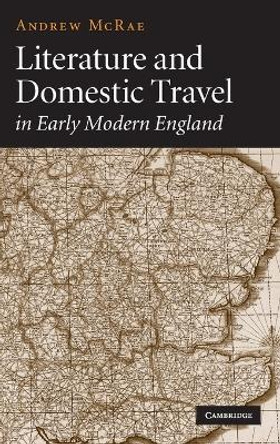Mapping has become a key term in current critical discourse, describing a particular cognitive mode of gaining control over the world, of synthesising cultural and geographical information, and of successfully navigating both physical and mental space. In this 2001 collection, an international team of renaissance scholars analyses the material practice behind this semiotic concept. By examining map-driven changes in gender identities, body conception, military practices, political structures, national imaginings and imperial aspirations, the essays in this volume expose the multi-layered investments of historical 'paper landscapes' in the politics of space. Ranging widely across visual and textual artifacts implicated in the culture of mapping, from the literature of Shakespeare, Spenser, Marlowe and Jonson, to representations of body, city, nation and empire, Literature, Mapping, and the Politics of Space argues for a thorough re-evaluation of the impact of cartography on the shaping of social and political identities in early modern Britain.
This 2001 collection examines the impact of cartography on the shaping of social and political identities in early modern Britain.Reviews"No doubt this volume, which vividly demonstrates the link between the spatial and the social, will encourage more work on the topic, for these essays show interdisciplinary work, a variety of approaches, and a breadth of material to explore...[a] fascinating volume." Sixteenth Century Journal
Book InformationISBN 9780521169431
Author Andrew GordonFormat Paperback
Page Count 292
Imprint Cambridge University PressPublisher Cambridge University Press
Weight(grams) 430g
Dimensions(mm) 229mm * 152mm * 17mm









